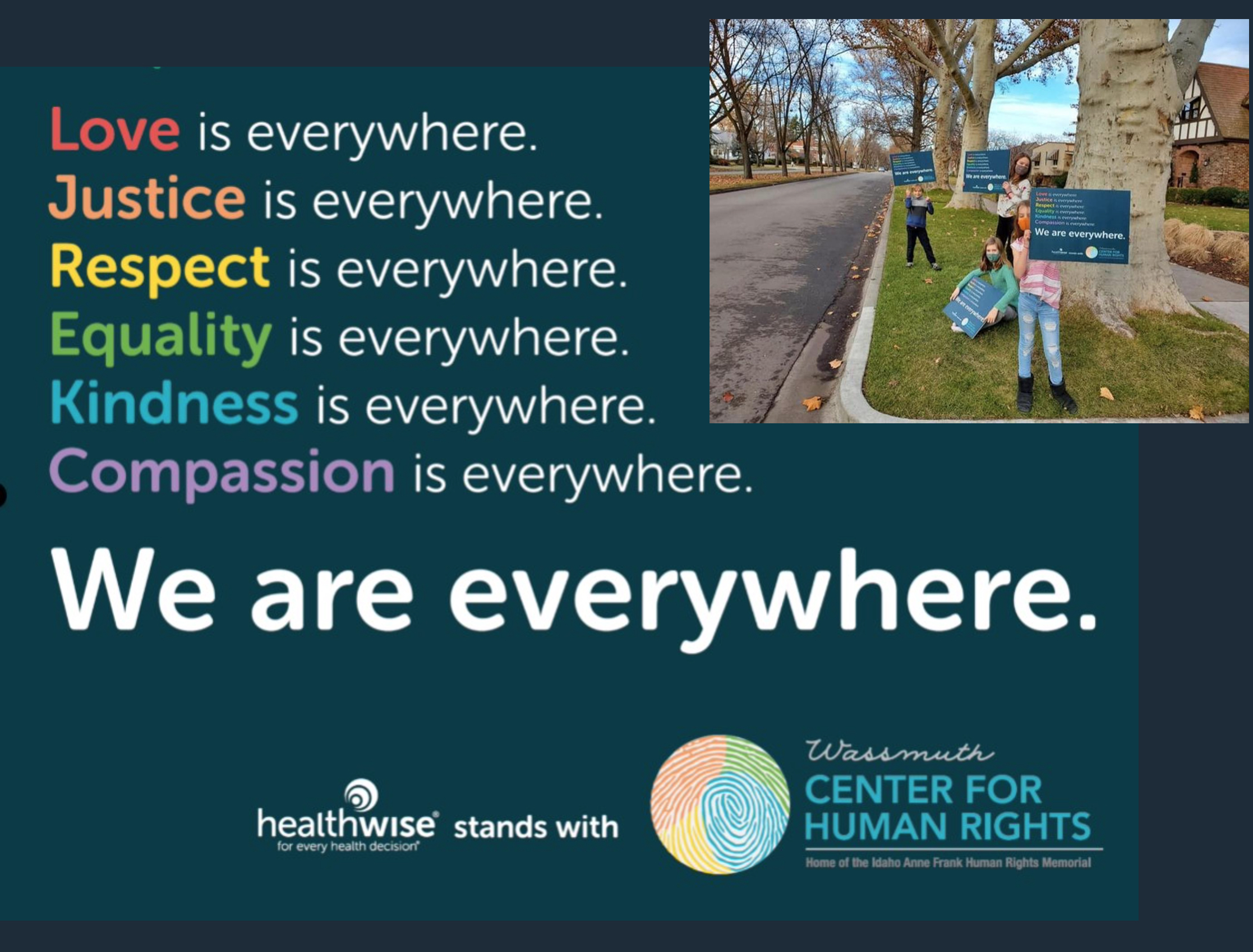
In conjunction with the Swastika Counter Project, Dr. Kelly L. Wheeler analyzed how communities responded to swastika incidents that took place across the United States between January 2016 and January 2021. This research included coding community responses to identify common stakeholders and common response actions; conducting field research to learn about unique community responses and coordinated stakeholder actions; and identifying strengths and weaknesses in community responses.
Wheeler’s analysis of community responses indicates that while many communities are taking constructive actions, there are no consistent protocols for responding to swastika incidents within and across communities. As such, many stakeholders struggle to identify best paths forward to both address and prevent future swastika incidents. In light of this predicament, the Swastika Counter Project offers the following six recommendations that are detailed substantively in our Community Response Report.
6 RECOMMENDATIONS FOR COMMUNITY RESPONSE
- Practice Care with Naming and Framing of Swastika Incidents
- Center Victim Concerns and Practice Active Listening
- Examine and Rethink Police Response Roles and Practices
- Step up Political Leadership and Work toward Criminal and Restorative Justice
- Intensify Education about Antisemitism, Swastikas, and Other Hate Symbols
- Coordinate Stakeholder Actions across the Community
To learn details about how communities responded to swastika incidents and to learn more about the Swastika Counter Project’s six recommendations, please read our Community Response Report. See also our Executive Summary of Findings.
Simplified Summary
This page hosts a report titled “Documenting Community Responses to Swastika Incidents (January 2016-January 2021)” that was written by Kelly L. Wheeler and Laurie E. Gries and published in August 2024. The report describes common stakeholders and common response actions; identifies unique community responses and coordinated stakeholder actions; and identifies strengths and weaknesses in community responses. This page also lists the Swastika Counter Project’s 6 recommendations for community response, which are listed below but
- Practice Care with Naming and Framing of Swastika Incidents
2. Center Victim Concerns and Practice Active Listening
3. Examine and Rethink Police Response Roles and Practices
4. Step up Political Leadership and Work toward Criminal and Restorative Justice
5. Intensify Education about Antisemitism, Swastikas, and Other Hate Symbols
6. Coordinate Stakeholder Actions across the Community